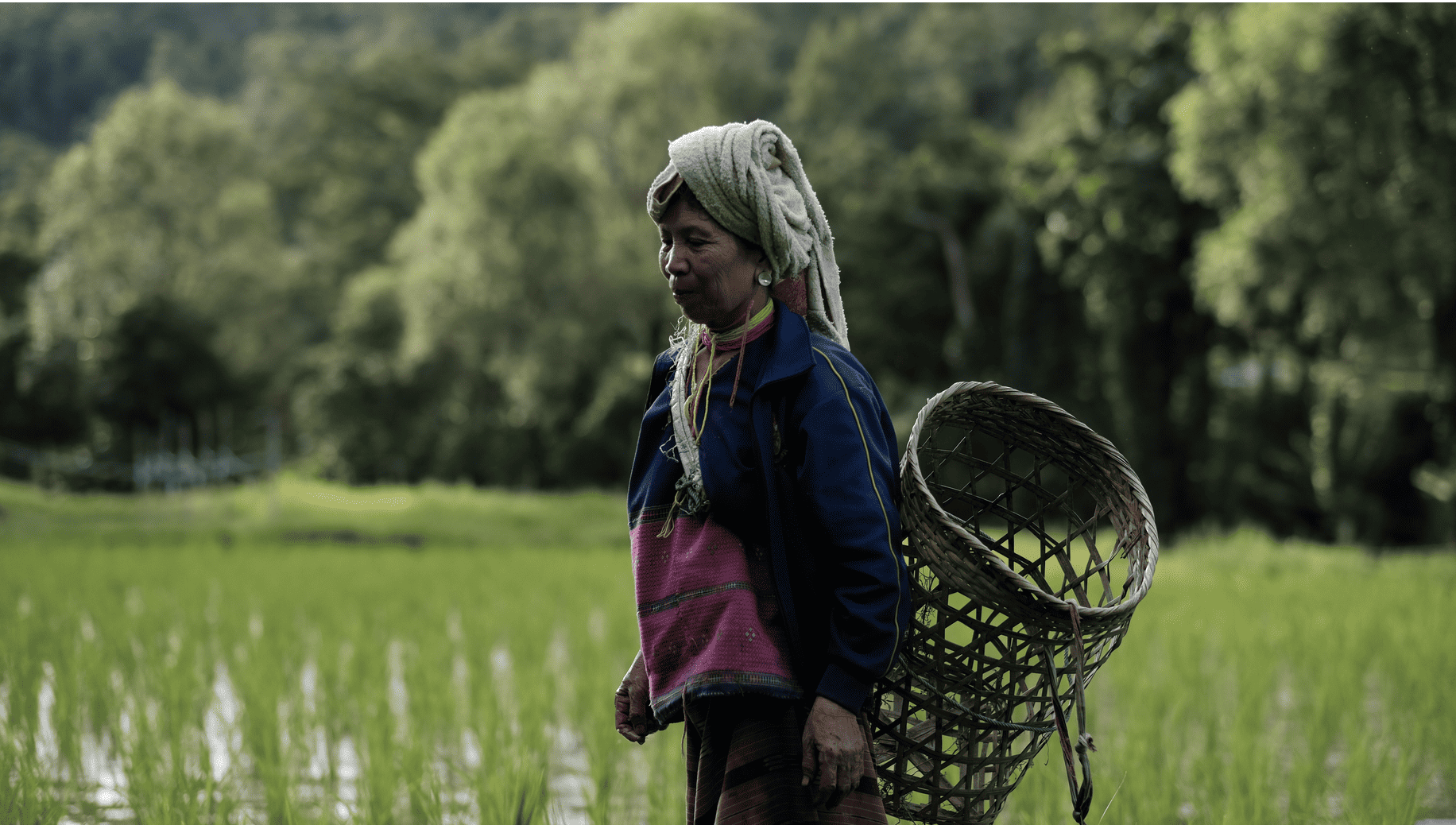
Failure To Recognize Indigenous
Rights Will Derail Achievement Of
Global Climate Pledges
A new study reveals that Nationally Determined Contributions, a cornerstone of the international framework aimed at addressing climate change, are likely to fail unless Indigenous peoples’ rights to their land, forests, waters and territorial management are included.
Working with Indigenous authors in ten countries across Asia, the Asia Indigenous Peoples Pact (AIPP), a regional Indigenous peoples’ network, led a review of the way in which promises made by governments to date under their NDCs have translated into real strategies, policies, laws and outcomes at the national and local levels. The report found a broad failure to recognize customary tenure rights of Indigenous peoples and their contributions towards climate mitigation and adaptation.
“NDCs are an opportunity to realize international commitments and obligations to protect human rights and to find just ways to address climate change. But rights can’t be protected if they are not recognized,” said Oda Almås Smith, an advisor with Forest Peoples Programme who collaborated with AIPP on the study.
The study shows that traditional occupations and sustainable use patterns go largely unrecognized and are sometimes criminalized. However, supporting Indigenous systems of sustainable management could scale up impact quickly, securing critical ecosystems by securing the rights of those managing them.
“We call on governments to stop criminalizing our traditional occupations and livelihoods, particularly shifting cultivation, and to recognize and promote it as our cultural heritage,” said Noraeri Thungmueangthong, the first woman chief of Huay Ee Khang Village in northern Thailand. “We, Indigenous women, must be recognized as key practitioners, innovators, and transmitters of knowledge and culture relating to our traditional occupations and livelihoods based on natural resources.” The review also found that while Indigenous women and youth feel impacts of climate change particularly strongly and carry the weight of adapting, they also hold specific and valuable knowledge to address climate change.
“We strongly recommend countries ensure the full and effective participation of Indigenous peoples,” said Kittisak Rattanakrajangsri, Chairperson of the Asia Indigenous Peoples Pact (AIPP). “NDCs must specifically identify and recognize customary land rights and knowledge of Indigenous peoples as a major strategy in the fight against climate change, loss of biodiversity and unsustainable development.”
With support from the UN-REDD Programme through the United Nations Development Programme (UNDP), the Development Cooperation Section of the Embassy of Sweden in Bangkok and the Swedish International Development Agency (SIDA) through Swedbio at the Stockholm Resilience Centre, the review looks in detail at national and local policies, laws and regulations in ten countries: Bangladesh, Cambodia, India, Indonesia, Malaysia, Myanmar, Nepal, Philippines, Thailand, and Vietnam.
“This review is a first step – the first of its kind – a locally grounded and Indigenous-led review of how global climate commitments are felt at national and local levels,” said Lakpa Nuri Sherpa, Coordinator of the Environment Programme of AIPP. “We plan to repeat this assessment annually, shedding light on what global commitments really mean and providing an avenue to understand the perspectives of Indigenous peoples.”

